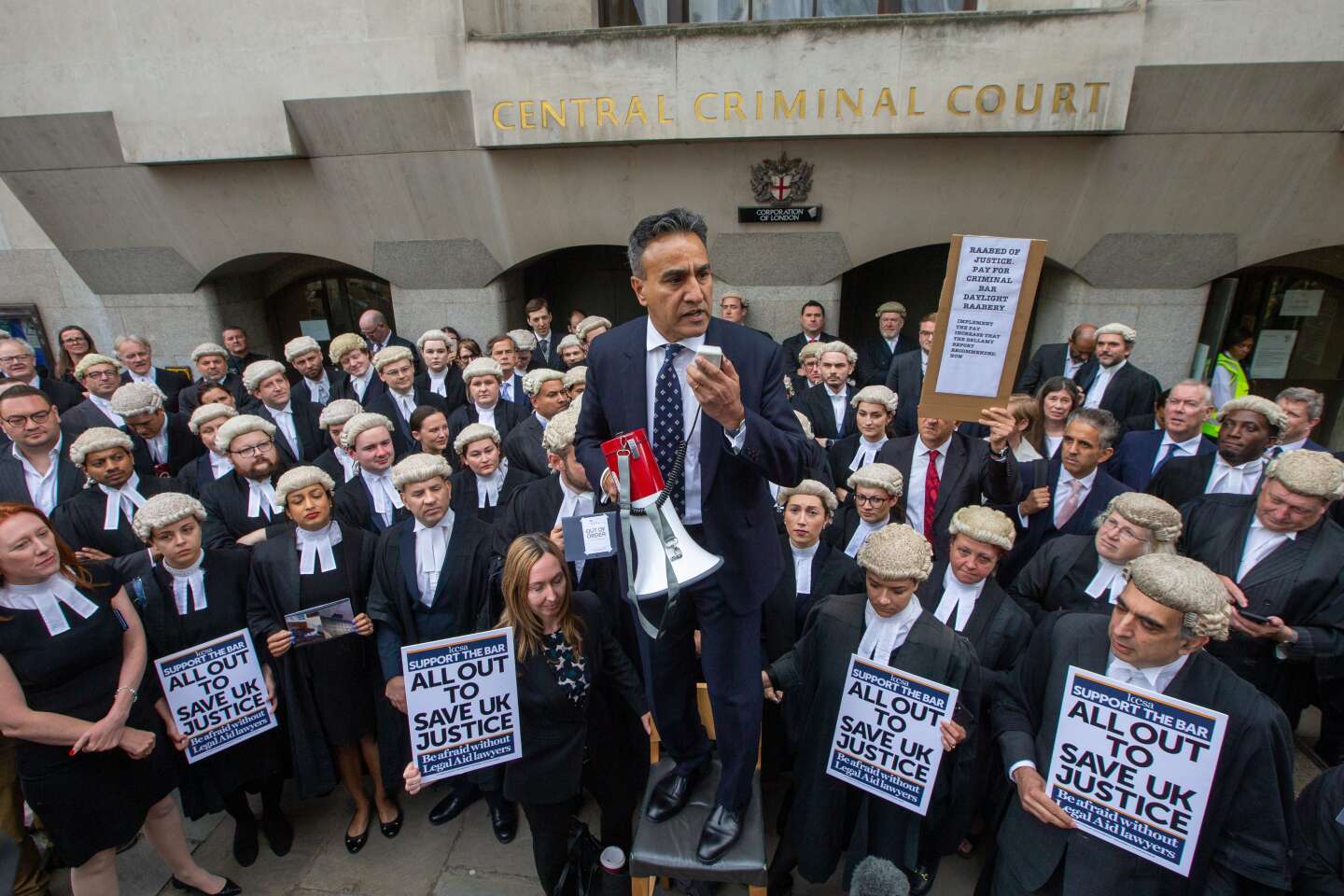The anger finally boiled over, on Wednesday August 3, at Amazon’s warehouse in Tilbury, east London, when management announced the offer to employees: an extra 35 pence for basic handlers, which brings his salary to £11.45. (13.55 euros) per hour. That’s an increase of 3%, while inflation in the UK hit 9.4% in June.
This news caused a stir in the company canteen. Videos posted on social media show executives trying to defuse environmental anger. In vain. A large part of the employees refused to return to their posts, which interrupted the operation of the warehouse for forty-eight hours. Tension spread and wildcat strikes briefly reached the Coventry and Bristol sieges.
“People are in such difficult financial situations… I see so much desperation, explains Steve Garelick, representative of the GMB union, which is monitoring the situation on the site. So when they are offered 35 pence, of course they are angry. » He delivered a letter to the e-commerce giant’s UK headquarters asking for base wages to be increased to £15 an hour. Amazon replies that it has “increased wages to a minimum of between £10.50 and £11.45 per hour, depending on location, which is a 29% increase since 2018.”
Saturday, August 13, will be the fourth time since June 20 that the rail system has been grounded.
The Amazon case is symptomatic of a movement of social discontent as broad as it is unprecedented throughout the Canal. On Saturday August 13, nine railway companies, most of the British trains, will be on strike. This is the fourth time since June 20 that the rail system has been grounded, with two unions alternating strikes. These also took place on buses, the London Underground, some universities, pubs, as well as at BT (formerly British Telecom).
Even the lawyers have been protesting since the end of June, going on strike every two weeks, to get an increase in the fees for the cases assigned to them. “It’s the Summer of Discontent”Mr. Garelick believes, a term that echoes the winter of discontent of 1979, when the country was paralyzed by work stoppages both in factories and on the side of garbage collectors or gravediggers.
“The unions have been brought to their knees”
It’s just a start. Postmen and longshoremen have announced strikes for the month of August. On Tuesday, August 9, the Royal College of Nursing, the nurses’ union, for the first time in its history of more than a century, recommended that its members cease work, as part of a movement that should take place in October. National education also prepares social actions in the fall.
You have 62.02% of this article left to read. The following is for subscribers only.

“Troublemaker. Typical travel fan. Food fanatic. Award-winning student. Organizer. Entrepreneur. Bacon specialist.”







